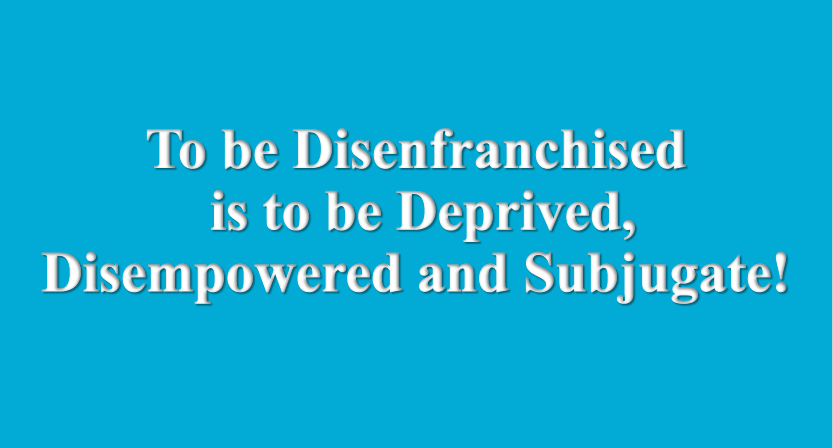Germany’s upcoming federal election on February 23 will see nearly 10 million residents excluded from the voting process due to citizenship requirements. Despite living and working in the country, these individuals—mostly non-German citizens—will not be able to cast their ballots, highlighting a significant gap in the country’s electoral system.
While around 59.2 million German citizens are eligible to vote, approximately 14% of the adult population in Germany, or 10 million people, will be disenfranchised because they do not hold German citizenship. This includes a substantial proportion of the population with international backgrounds, many of whom contribute to the economy and society.
The exclusion is part of a long-standing debate in Germany regarding the enfranchisement of foreign nationals. Historically, non-citizens, including migrant workers and their descendants, have had limited political participation. Though the country’s immigration laws have evolved, granting easier paths to citizenship in some cases, the legal framework remains restrictive for many residents who would like a say in the country’s future.
For example, German-born activist Phil Butland, a British national who moved to Germany in the 1990s, spoke about his frustration in not being able to vote despite living in Germany for decades. Butland was reluctant to apply for citizenship due to strict economic requirements, such as proof of stable employment and higher income levels, which could exclude lower-income residents from citizenship eligibility.
In January 2024, Germany passed a reform that reduced the time required for non-German residents to apply for naturalization from eight years to five years, with the option of dual citizenship for some non-EU nationals. However, critics argue that even with these reforms, the process remains cumbersome and costly, which continues to exclude many residents from the democratic process.
The issue is particularly relevant in light of Germany’s need for skilled labor to address its aging population and labor shortages. While the country has made strides to attract international workers, the lack of voting rights for these individuals suggests a disconnect between the country’s political needs and its electoral policies.
Reforms to voting rights for non-citizens have been discussed for decades, but there have been few concrete changes. Only European Union citizens are allowed to vote in municipal and European Union elections, while non-EU nationals are entirely excluded from the national electoral process.
Political observers, such as Tobias Spöri from d|part, a think tank focused on political participation, argue that the exclusion of non-citizens from voting is a significant issue for German democracy. According to Spöri, the underrepresentation of people with international backgrounds in political institutions—currently around 11% of the Bundestag members—highlights the need for broader political inclusion.
While changes to voting rights seem unlikely in the short term, advocates continue to push for reforms that would allow residents, regardless of nationality, to engage more fully in the political system. In the meantime, residents without voting rights can still participate in political activism, join political parties, or participate in protests to make their voices heard.
For now, the upcoming federal election will exclude millions from directly influencing the future of the country, as debates continue on how best to integrate non-citizens into Germany’s political life.



